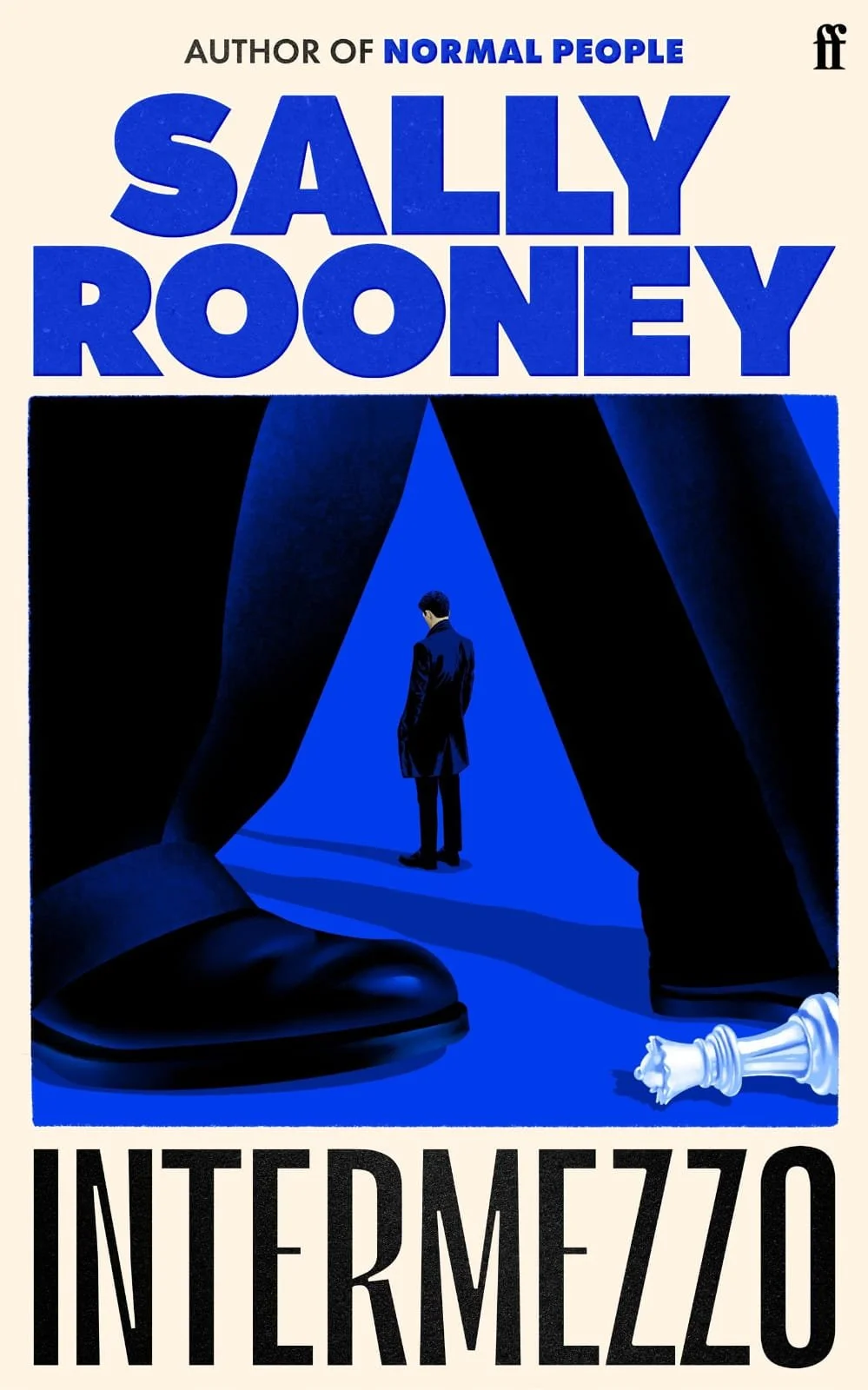Intermezzo: A Book So Captivating I Literally Couldn't Put It Down
I cannot remember the last time I finished a book feeling so emotionally invested. Intermezzo is undoubtedly a masterpiece by Sally Rooney.
Similar to her other books, which all centre around on-off, will-they-won’t they (or in the case of Frances and Nick in Conversations With Friends, more could-they-but-should-they?) romances, this time Rooney presents us with yes, stories of couples, but more prominently, the tale of two siblings: Peter and Ivan.
Expect spoilers ahead.
The novel is set shortly after the death of their father and flips between chapters from each brother’s perspective and life, set mainly in Dublin (the city itself a character developed by Rooney).
Elder, Peter struggles to decide between his first love, Sylvia and his vulnerable but charming student, Naomi. It’s less that Peter grapples between which of the two women he loves: them both.
Knowing this traps him, as Peter is shaped and damaged by his tormented conscience, projecting what society might gossip about him seeing both women at the same time. He becomes progressively uneasy, to the point that, as readers, we’re almost without any sympathy for him.
Until Rooney lurches us back into caring for Peter with a fast-throttle deceleration of s**t, he isn’t well.
Ivan, meanwhile, meets divorced Margaret in Leitrim, through her work and his passion: Chess (he once ranked professionally but has been unable to sustain success at the highest level). Like Peter (Ivan's brother), Margaret is dogged by societal demands of seeing Ivan, considerably younger than her, not long after splitting from her alcoholic ex-husband. Rooney adequately conveys the heightened scrutiny that accompanies living in a rural, homely community village which frightens Margaret and, likewise Peter in the bustling city of Dublin.
Intriguingly, the brothers themselves rarely lead us into a conversation about family or the other sibling they have. Usually, it’s prompted by one of Sylvia (who knows Ivan, on a close-friends level) or Margaret. There’s a great climax when Naomi meets a bemused, irritated Ivan at the family house (left to the sons now their dad has died) after Peter “chooses” Sylvia, despite knowing that Naomi is homeless after she (and her flatmates) were evicted.
A restaurant row prompts Ivan to block Peter’s phone number and although Ivan is correct to be angry at Peter’s patronising insensitivity, Rooney’s insight into Peter’s fraught headspace makes us care for him, in a way we really shouldn’t for characters who are so openly judgemental and disdainful in casting unkind, assumptions of others they do not know themselves.
Upon hearing that Ivan has met Margaret, Peter suspects that she is possibly, probably, exploiting his, in his eyes, naive younger brother and says as much, bluntly. Ivan storms out unbeknownst to the fact that Peter has the same situation in Naomi, a girl who (like Ivan) is in her early twenties.
While Peter makes accusations of Margaret's intentions, he can’t reconfigure in his head to see the jarring sameness in his situation with Naomi. Despite fearing judgement from society, Peter wonders more about whether he, the older, is being made vulnerable and taken advantage of as Naomi moves in, gets money and, in Peter’s head, creates a blockage to ever being able to express full love for Sylvia.
The fact that Rooney can sway us around from Peter’s hypocrisy to, by the end, actively caring for him symbolises her skill in crafting relationships: none of us ever have or ever will meet Peter. But, on reading Intermezzo, you’ll feel like you have.
Some parts of the journey are slightly turbulent: Rooney’s jumping between households, different parts of Ireland, and various supporting characters, of whom I would like to know more about.
But then, clearly, their lives aren’t as emotionally complex, and Rooney’s speciality is in untangling knotty relationships between humans. For her to go all in on emotionally stable Gary, Peter’s friend, wouldn’t stir the same reader reaction as we do with Peter’s wrecked headspace or Ivan’s linear brain, trying to close off outer intrusions, from the past and the present.
Yet, in all of this, Rooney’s talent for symbolism shines brightly.
Peter’s inability to properly grieve means that he forgets how to love love for what it actually is.
Ivan’s on-off, will-he-can-he quest to make it as a professional chess player reflects his real-life status: calculating next moves (telling Margaret he loves her), sometimes having to take complicated steps (how open does he want his and Margaret’s relationship to be?), amongst other things.
Sylvia, who is academic, elegant, mature and understated in her relationships, is also battling an early illness that, at times, threatens to derail her completely.
Much like a tense chess match, Intermezzo is increasingly captivating with each turn of the page. I couldn’t look away, so captivated was I by the spectacle of emotional escapism that we are treated to throughout Rooney’s latest work.

